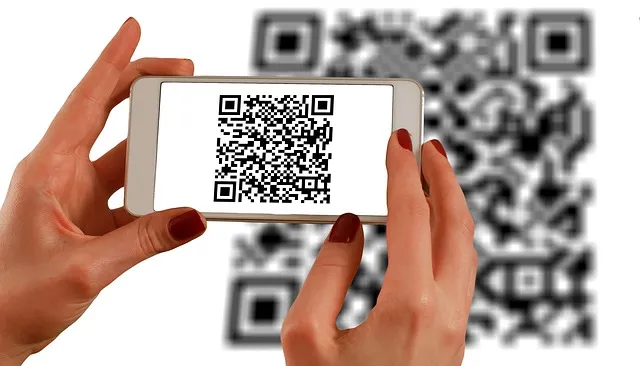
Malaysia pushes QR-payments adoption to combat cash reliance
The DuitNow QR System is a key factor to drive interest in cashless payments.
The Malaysian government is amping up its QR-based mobile payments services as a viable alternative to cash, as well as to encourage the adoption of mobile payments amongst consumers and SMEs, reports data and analytics firm GlobalData.
In July 2019, Payments Network Malaysia launched the common QR code standard DuitNow QR. Public Bank Berhad was the first to adopt the system and over 40 banks and e-wallet providers are set to support this system in the next few months.
“These common standards really open up electronic payments by making them easier for a merchant to accept all options, and also making it easier for consumers to pay with their chosen option,” said Kartik Challa, banking and payments analyst at GlobalData.
QR code-based payment is becoming a major trend in APAC with several countries such as China, Singapore, and India having already adopted this mode of payment, the report noted.
“The DuitNow QR system is an important milestone, and incentivizing consumers is a key factor to drive consumers’ interest in QR payment. With the DuitNow QR making a good headway, cash payments in Malaysia could soon become passé,” concluded Challa.
According to GlobalData, the preference for QR codes is mainly driven by its cost-effectiveness as banks and payment solution providers are finding it difficult to persuade smaller merchants to accept card payments, which are expensive as this involves cost towards setting up POS terminals and have comparatively higher merchant service charge.
Further, QR code-based payment eliminates significant expenditure, as merchants can simply use a sticker with a QR code to accept electronic payments.
Malaysia has reportedly been making steady progress to reduce its cash dependence by pushing the adoption of mobile payments. According to GlobalData’s 2019 Banking and Payments Survey, 56.5% of the respondents in Malaysia had mobile wallet and used it, and only 6.5% of the respondents never heard about mobile wallets
The country’s total card payments’ value is set to increase from $50.4b in 2019 to $81bn in 2023.




![Lorem Ipsum [ABF 1]](https://cmg-qa.s3.ap-southeast-1.amazonaws.com/s3fs-public/styles/exclusive_featured_article/public/2025-03/a_hand_pointing_to_a_futuristic_technology_5b87c9d0e3_1.png.webp?itok=2w0y1WhS)


![Cross Domain [Manu + SBR + ABF + ABR + FMCG + HBR + ]](https://cmg-qa.s3.ap-southeast-1.amazonaws.com/s3fs-public/styles/exclusive_featured_article/public/2025-01/earth-3537401_1920_4.jpg.webp?itok=WaRpTJwE)







 Advertise
Advertise

